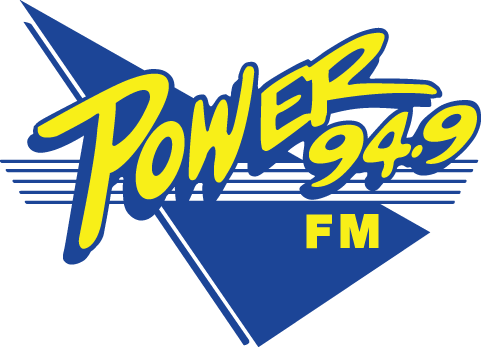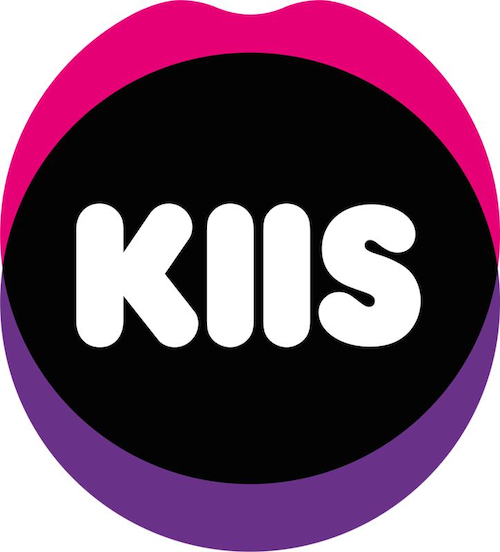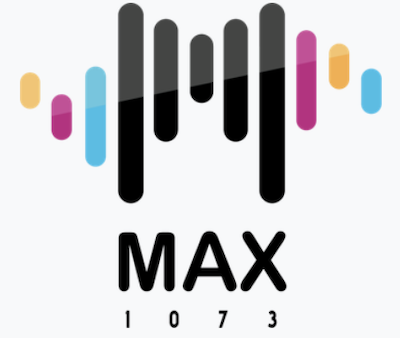Lui Zacher: Radio is no longer ‘just radio’

Bring up the topic of where radio is headed – and where it’s been – and you’re guaranteed a lively debate.
I’ll be the first to admit that – as someone who comes from the era of splice edits, carts and cueing things up – it’s taken time to wrap my head around the fact radio is not as tactile as it once was.
It’s also no longer just about what comes out of the speakers.
But for Lui Zacher – journalist and news presenter on K-Rock and Bay FM in Geelong – it can be frustrating when change is perceived as a bad thing.

Lui, 32, tells Radio Today: “Sure, radio has changed and computers have made an on air shift easier, but hosts aren’t just doing shifts now. Most are multi-talented and multi-skilled, and the on-air shift is just one of their many daily tasks.”
“We all know the stories about how radio is dying. Networking shifts was going to be the end of radio, internet streaming was going to be the next thing to kill off radio, and podcasts were also going to end the terrestrial signal.”
“But here we are, and the industry is still going strong. Most major media companies now have a podcast arm and are running them independently of traditional radio itself; podcasts are no longer full show dumps, or best bits, but essentially their own shows with producers and hosts, social media pages and followers.”
Lui says this demonstrates that the industry can – for the most part – embrace change, adapt and thrive in a new era of online content.
While different generations may be divided on what they consider to be radio’s ‘glory days’ and who did it better, one thing they have in common is their mutual love of the medium.
Lui says plenty of people who’ve been in the industry a lot longer than him welcome change.
Instead of railing against one another, Lui can see the potential for different generations to work together, for the greater good.
He credits his mentor Trevor Sinclair – and the interactions they’ve had – as a prime example.
“He has many stories to share and advice to give, but he’s also curious to hear what I think and we’ve spent hours talking about the industry we both equally love and are passionate about.”
Lui believes there’s been a growing acceptance of working from home as a viable option in radio.
“I’ve been impressed at how Tim Lee not only embraced working from home, but used it to generate great content for both on-air and the socials.”
Having helped others to set up their own home studios, Lui says the first and most important step of the process is getting a good microphone and a good mixer, or USB interface – then scouting out the best location.
And it needn’t cost the earth.
“If you’re not concerned about looks, or you’re happy to get out the tools and DIY, you can rig up a basic timber frame and staple heavy wool blankets (op shops are great for this!) to create your own acoustic panel. Move them around the room and see how it changes the sound. Generally, a home studio with a desk, couch, and other furniture helps absorb some of the sound waves.”
Lui believes there’ll always be a place for traditional radio, as long as companies can keep pace with new innovations, such as Alexa, Google and other smart home implementations.
“The younger demographic, those who didn’t grow up with radio, have shorter attention spans and need things NOW. Rather than criticising them for this, some media outlets are doing that. Short podcasts daily news recap podcasts, a ‘here’s what you need to know’ followed by a bullet point format of news. If they want to find out more, they’ll seek it out.”
“By making sure we interlink on air, online, podcasts, socials; by being ready to adapt and evolve, and by accepting that radio is no longer just radio, but a suite of content providers, we can continue to grow and innovate, be ahead of the pack, and keep doing what we love doing.”
This week’s CADA launch is one example of stations taking a fresh approach. Details here.




Doing a gig from home isnt radio to me, radio is being in the studio interacting with fellow staff members , meeting listeners when they walk in the door, doing a cross from a business etc , you cant do that from home.
As for traditional radio , that seems to have finished after 6 pm, are there any LIVE stations anymore after 6 ?
Maybe stop spreading rumours online would be a great start. Some of those websites are pretty toxic mate and are mostly from those who have moved on from commercial radio and like to have a dig. Weve all seen who posts on them and their names. Play nice is the key take out from me.
Radio from home is called a Podcast. The beauty of radio are the shows, their teams, the office energy, callers, the studio looking like the holy grail and walking in, turning the mics on and making RADIO. Cume figures are still there so it is just as relevant as ever and the survey numbers are showing that. This is the kind of thinking that would kill radio off in time if implemented. This article is a little uneducated to me and full of wannabe buzz words. Ive never heard of this bloke and that is probably why ..and how it will remain.